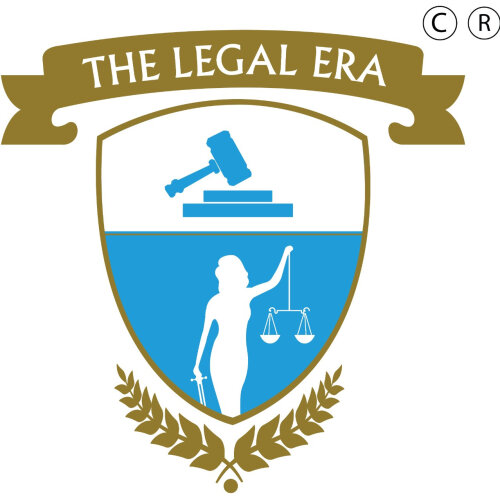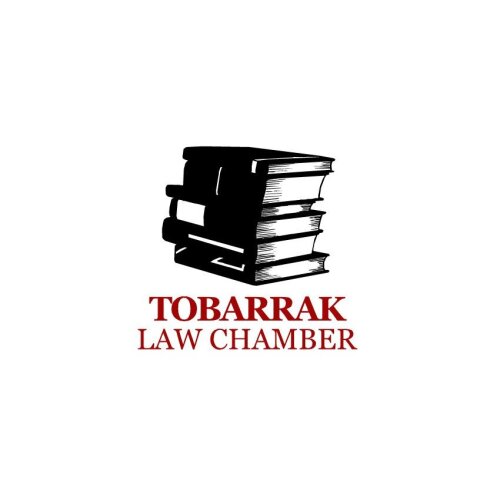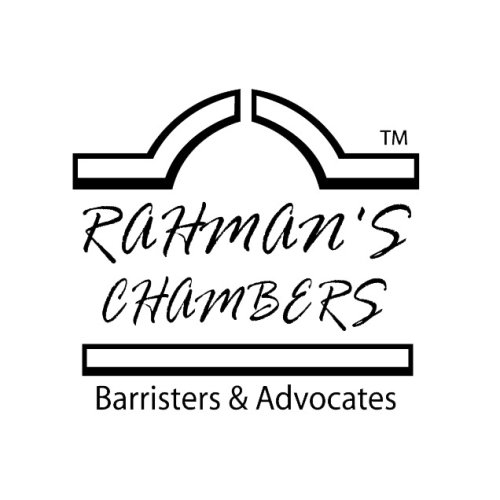Best Appeal Lawyers in Bangladesh
Share your needs with us, get contacted by law firms.
Free. Takes 2 min.
Or refine your search by selecting a city:
List of the best lawyers in Bangladesh
About Appeal Law in Bangladesh
In Bangladesh, the appeal process is a fundamental component of the judiciary system, allowing individuals to seek a review of a legal decision by a higher court. The appeal mechanism serves as a crucial check and balance within the legal system, ensuring fairness and justice. Appeals can typically be filed against the decisions of lower courts in civil and criminal cases. The hierarchy of the courts, from subordinate courts to the High Court Division and then to the Appellate Division of the Supreme Court, dictates the typical path an appeal might take within the legal framework.
Why You May Need a Lawyer
Engaging a lawyer for an appeal is often necessary in various situations, such as:
- If you believe there has been a legal or procedural error in your trial.
- When the decision of a lower court appears unjust or unsupported by evidence.
- If new evidence has emerged that could significantly affect the outcome of your case.
- To ensure that all procedural requirements are met for filing an appeal, which can be quite complex.
Local Laws Overview
The legal framework in Bangladesh provides structured routes for appeals under civil and criminal domains. The Code of Civil Procedure, 1908, and the Code of Criminal Procedure, 1898, outline procedures for filing appeals, including timelines and grounds upon which an appeal can be made. It's important to understand that:
- Appeals must generally be filed within a specified period following a judgment (ordinarily 30 to 90 days).
- Parties may seek leave (permission) to appeal to higher courts.
- The scope of appellate review is often confined to issues raised and adjudicated in lower courts.
- The Supreme Court of Bangladesh, particularly its Appellate Division, acts as the final appellate body.
Frequently Asked Questions
What is the time limit for filing an appeal in Bangladesh?
The time limit for filing an appeal typically ranges from 30 to 90 days after the judgment, depending on the nature of the case and the specific court involved.
Can all court decisions be appealed?
No, not all decisions can be appealed. Certain orders may be deemed final, and others may require special permission, known as "leave to appeal," especially in cases seeking intervention by the Supreme Court's Appellate Division.
What are the costs associated with filing an appeal?
The costs can vary based on court fees, legal representation, and the complexity of the case. It is advisable to consult with an attorney to get an estimate of potential costs.
Do I need a lawyer to file an appeal?
While not mandatory, it is advisable to engage a lawyer to navigate the complex legal procedures and advocate effectively on your behalf.
What are the chances of winning an appeal?
The chances depend on the merits of your case, including the existence of legal errors in the original trial or the emergence of new, compelling evidence.
Can new evidence be introduced in an appeal?
The introduction of new evidence is generally limited; appeals are typically based on the existing trial record unless exceptional circumstances justify its admission.
What does 'stay of judgment' mean in the context of an appeal?
A 'stay of judgment' can halt the enforcement of the court's decision pending review by a higher court, often requiring a separate application and justification.
How long does the appeal process take?
The duration can vary significantly depending on the court's schedule and the case's complexity, ranging from several months to over a year.
Is it possible to appeal a Supreme Court decision?
The Appellate Division of the Supreme Court is typically the final arbiter, and its decisions are generally conclusive, with limited scope for further appeal.
What does an appellate court review during an appeal?
An appellate court focuses on legal errors made by the trial court rather than re-assessing factual evidence unless extraordinary circumstances demand it.
Additional Resources
For further guidance on appeals, you might consider the following resources:
- Supreme Court of Bangladesh: Visit the court for guidelines and resources related to appellate procedures.
- Bangladesh Bar Council: A regulatory body for lawyers, which can guide you in finding qualified appeal lawyers.
- Legal Aid Services: Numerous non-governmental organizations offer free or subsidized legal aid for those unable to afford standard legal fees.
Next Steps
If you believe you need to file an appeal, consider the following steps:
- Consult a Lawyer: Seek advice from a legal professional experienced in appeals to evaluate the merits of your case.
- Gather Your Case Documents: Compile all relevant documents, judgments, and evidence from your original trial.
- Understand Your Deadlines: Pay close attention to the timeline for filing an appeal to avoid dismissal due to technicalities.
- Prepare Financially: Understand potential costs and explore available resources for financial aid if necessary.
Lawzana helps you find the best lawyers and law firms in Bangladesh through a curated and pre-screened list of qualified legal professionals. Our platform offers rankings and detailed profiles of attorneys and law firms, allowing you to compare based on practice areas, including Appeal, experience, and client feedback.
Each profile includes a description of the firm's areas of practice, client reviews, team members and partners, year of establishment, spoken languages, office locations, contact information, social media presence, and any published articles or resources. Most firms on our platform speak English and are experienced in both local and international legal matters.
Get a quote from top-rated law firms in Bangladesh — quickly, securely, and without unnecessary hassle.
Disclaimer:
The information provided on this page is for general informational purposes only and does not constitute legal advice. While we strive to ensure the accuracy and relevance of the content, legal information may change over time, and interpretations of the law can vary. You should always consult with a qualified legal professional for advice specific to your situation.
We disclaim all liability for actions taken or not taken based on the content of this page. If you believe any information is incorrect or outdated, please contact us, and we will review and update it where appropriate.
Browse appeal law firms by city in Bangladesh
Refine your search by selecting a city.

















